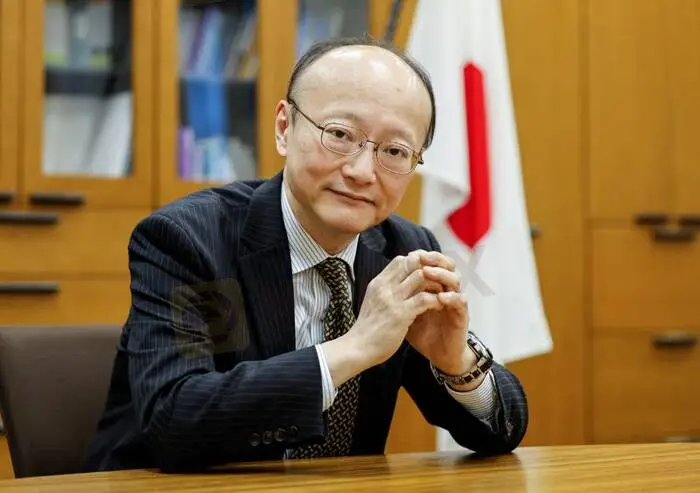简体中文
繁體中文
English
Pусский
日本語
ภาษาไทย
Tiếng Việt
Bahasa Indonesia
Español
हिन्दी
Filippiiniläinen
Français
Deutsch
Português
Türkçe
한국어
العربية
Japan working with G7 for effective sanctions against Russia, says top FX diplomat
Abstract:Japan‘s government and central bank executives will meet on Monday to discuss market developments in the first such gathering in roughly a year, as the financial fallout from Russia’s invasion of Ukraine broadens.

Japan is working closely with G7 nations to ensure effective economic sanctions against Russia and its central bank, its top currency diplomat said after a meeting of government and central bank executives to debate the fallout from the Ukraine crisis.
“We will respond, working closely with the international community including the G7 nations, so that we exert maximum cost to Russia” for invading Ukraine, Masato Kanda, vice finance minister for international affairs, told reporters on Monday.
Kanda, who oversees Japans currency policy at the ministry of finance (MOF), made the remarks after the meeting with his counterparts at the Bank of Japan and the Financial Services Agency – the first such gathering in roughly a year.
Japanese shares fell and the yen drew demand as a safe haven currency on Monday, after Western nations imposed new sanctions on Russia for its invasion of Ukraine including blocking some banks from the SWIFT international payments system.
“We are adjusting (with Western economies) to ensure the sanctions are effective,” Kanda said.
“Market stability is extremely important,” he said, adding the government was closely watching market developments.
The trilateral meeting is typically held in times of market stress to communicate policymakers views or concern over stock market or exchange rate volatility. The meeting was last held in January last year.

Disclaimer:
The views in this article only represent the author's personal views, and do not constitute investment advice on this platform. This platform does not guarantee the accuracy, completeness and timeliness of the information in the article, and will not be liable for any loss caused by the use of or reliance on the information in the article.
Read more

Will the Euro and US Dollar Reach Parity in 2025?
Euro-dollar parity sparks debate again as 2025 approaches, with multiple factors shaping the exchange rate outlook.

US Dollar Surge Dominates Forex Market
The global forex market continues to show volatility, with the U.S. dollar fluctuating last week but overall maintaining a strong upward trend. How long can this momentum last?

Oil Prices Soar for 5 Days: How Long Will It Last?
Last week, the global oil market saw a strong performance, with Brent crude and WTI crude prices rising by 2.4% and around 5% respectively. Oil prices have now posted five consecutive days of gains. But how long can this rally last?

How Big is the Impact of the USD-JPY Rate Gap on the Yen?
The U.S. Federal Reserve's repeated rate cuts and the narrowing of the U.S.-Japan interest rate differential are now in sight. So, why is the U.S.-Japan interest rate differential so important for the yen’s safe-haven appeal, especially when global economic uncertainty rises?
WikiFX Broker
Latest News
Bitcoin in 2025: The Opportunities and Challenges Ahead
BI Apprehends Japanese Scam Leader in Manila
Join the Event & Level Up Your Forex Journey
Is There Still Opportunity as Gold Reaches 4-Week High?
Bitcoin miner\s claim to recover £600m in Newport tip thrown out
Good News Malaysia: Ready for 5% GDP Growth in 2025!
How to Automate Forex and Crypto Trading for Better Profits
FXCL Lucky Winter Festival Begins
Warning Against MarketsVox
Is the stronger dollar a threat to oil prices?
Currency Calculator






